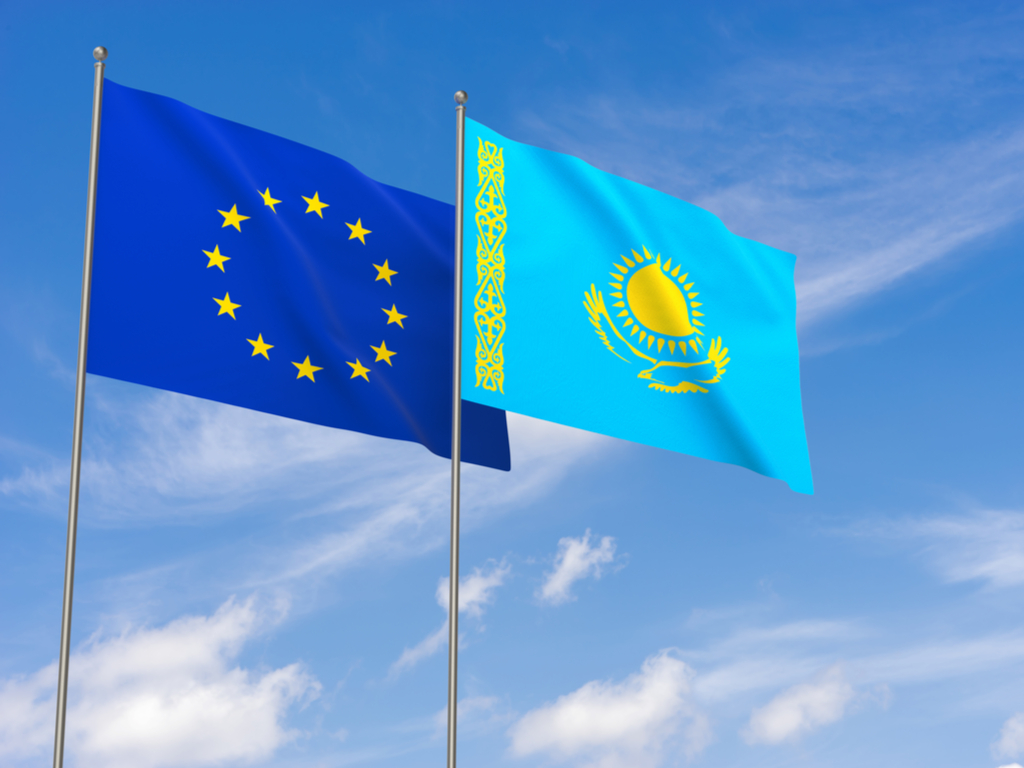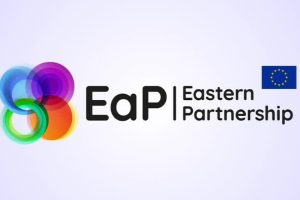The EU-Kazakhstan High-Level Platform of dialogue on economic and business matters held its fourth meeting in Nur-Sultan on February 5, chaired by Kazakhstan Prime Minister Askar Mamin. The event brought together the ambassadors of Austria, Belgium, Germany, France, the Netherlands, Poland, Spain, Estonia, Italy, Latvia, Lithuania, Greece, Spain, Croatia, Romania, Slovakia, Hungary, Finland, Sweden, representatives of Portugal, Bulgaria, the Czech Republic, as well as large European companies. The EU side was led by the EU Ambassador to Kazakhstan, Sven-Olov Carlsson.
Ambassador Carlsson welcomed the forthcoming full entry into force on 1 March of the EU-Kazakhstan Enhanced Partnership and Cooperation Agreement (EPCA), the Delegation of the European Union to Kazakhstan reported. It covers cooperation in 29 areas, including trade, investment, innovation, and infrastructure development. “The entry into force of the EPCA will provide a fresh momentum to our strategic cooperation. We should seize it to address the remaining barriers to our trade, investment and businesses,” Ambassador Carlsson said.
The meeting participants discussed investment climate and rule of law issues, including taxation and compliance with agreements, rules and regulations. Three meetings of the High-Level Business Platform took place in 2019.
The EU is Kazakhstan’s first trading partner and represents more than half of foreign direct investment in Kazakhstan. With the EPCA, the EU and Kazakhstan have developed a framework for further strengthening trade and economic relations. The EU supports Kazakhstan’s ambitious reform and modernisation processes, including the improvement of the business climate, the EU Delegation said.
The EU-Kazakhstan Enhanced Partnership and Cooperation Agreement, signed in Nur-Sultan on 21 December 2015 and entering into force from 1 March 2020, aims at creating a better regulatory environment for businesses in areas such as trade in services, establishment and operation of companies, capital movements, raw materials and energy, intellectual property rights. It is a tool of regulatory convergence between Kazakhstan and the EU, with some “WTO plus” provisions, notably on public procurement.
During the meeting, Prime Minister Askar Mamin said that the EU is one of the key investors and the largest trading partner of Kazakhstan, his press service reported.
Mamin called on the ambassadors of the European Union countries to continue an open and active dialogue to promote trade, economic and investment cooperation between Kazakhstan and the EU.
At the next meeting of the EU-Kazakhstan High-Level Platform in April 2020, it is planned to discuss specific steps to implement the EPCA, the transition of Kazakhstan to a green economy and preparations for the upcoming XII WTO Ministerial Conference in Nur-Sultan in June 2020.




